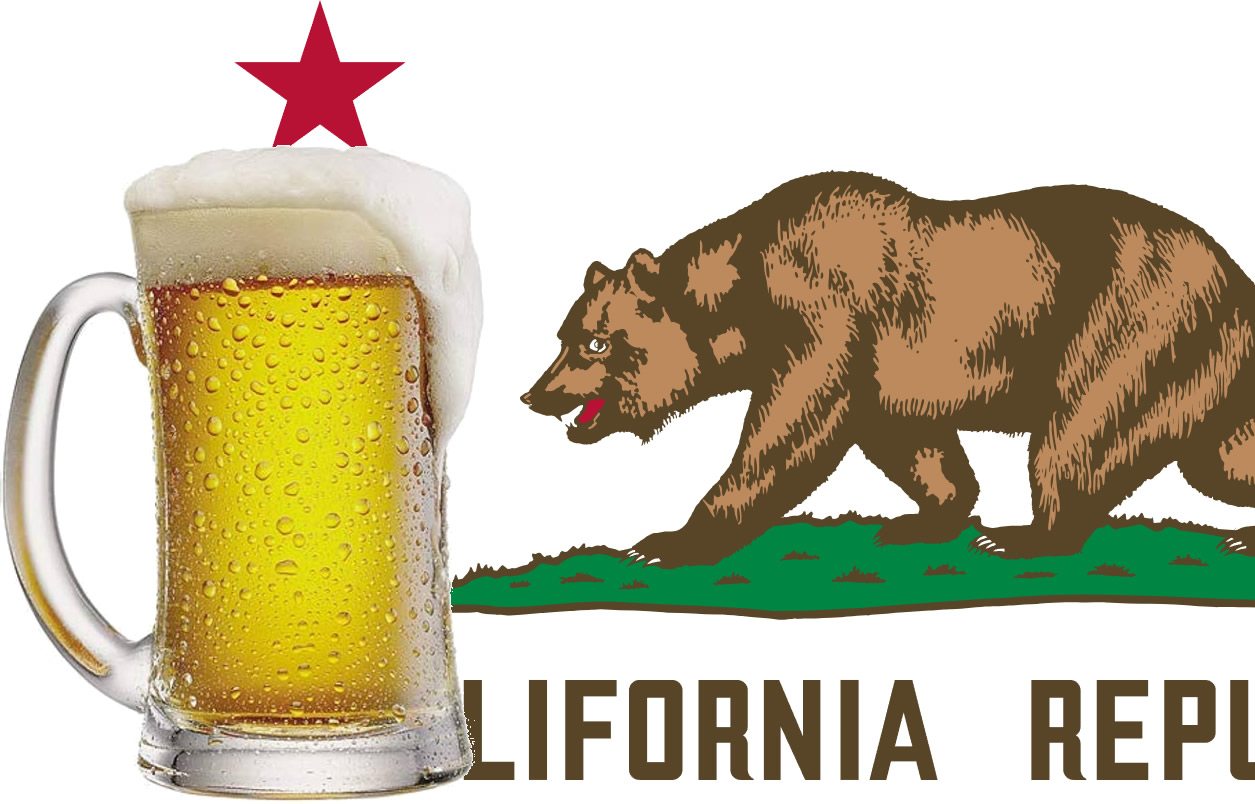Do You Need A Liquor License To Sell Beer In California?
Table of Contents
ToggleIn California, selling beer without a liquor license is a no-go. It’s not just a minor hiccup; it’s a misdemeanor offense. So, if you’re looking to tap into the beer market, you’ll need to secure the right permits.
Understanding Liquor License Types
California’s liquor license system is intricate, with various types of licenses tailored to different business models. For instance, if you’re running a restaurant primarily focused on food, you’ll likely need a Type 47 license. On the other hand, bars and nightclubs typically require a Type 48 license.
Navigating the Application Process
Before you dive into the application process, make sure you have all your ducks in a row. You’ll need a seller’s permit, which is essential for sales tax purposes. Skipping this step could land you in hot water with the authorities.
License Application Requirements
Applying for a liquor license involves meeting several requirements laid out by the California Department of Alcoholic Beverage Control (ABC). It’s advisable to visit your nearest ABC district office and ensure all concerned parties are present during the application process.
Average Processing Time
Be prepared for a wait when applying for a liquor license. The process typically takes around 45 to 90 days, depending on the type of license and various other factors. It’s crucial to exercise caution before making extensive financial commitments during this period.
Renewal Procedures
Once you’ve obtained your liquor license, remember that it needs to be renewed annually. Failure to renew on time could result in penalties or even the suspension of your license. Stay on top of renewal deadlines to avoid any disruptions to your business operations.
Compliance with Sales Tax Requirements
In addition to your liquor license, you’ll also need to obtain a seller’s permit from the State Board of Equalization. Selling alcohol without this permit is a big no-no and could land you in legal trouble.
Federal and Local Considerations
Before opening shop, it’s essential to consider federal and local requirements. Contact the United States Treasury Department to determine if you need a federal basic permit or special Occupational Tax Stamp. Additionally, check with local authorities regarding zoning regulations and the need for a local business license.
Why You Need a Liquor License Consultant
Navigating the intricacies of liquor licensing can be a daunting task. Hiring a liquor license consultant can streamline the process, ensuring you meet all legal requirements and avoid potential pitfalls. With their expertise, you can focus on running your business while leaving the regulatory hurdles to the professionals.
In conclusion, obtaining a liquor license to sell beer in California is a must for any aspiring business owner. By understanding the requirements, staying compliant, and enlisting the help of a consultant, you can set your business up for success in the thriving beer market.


